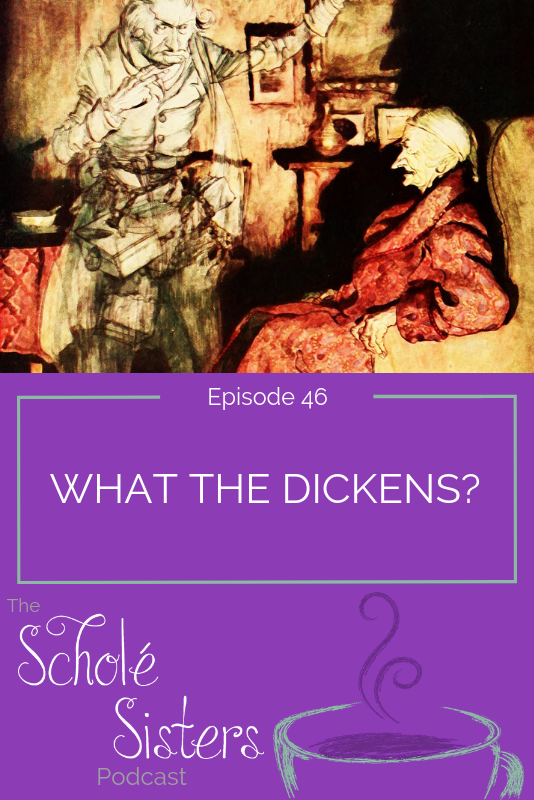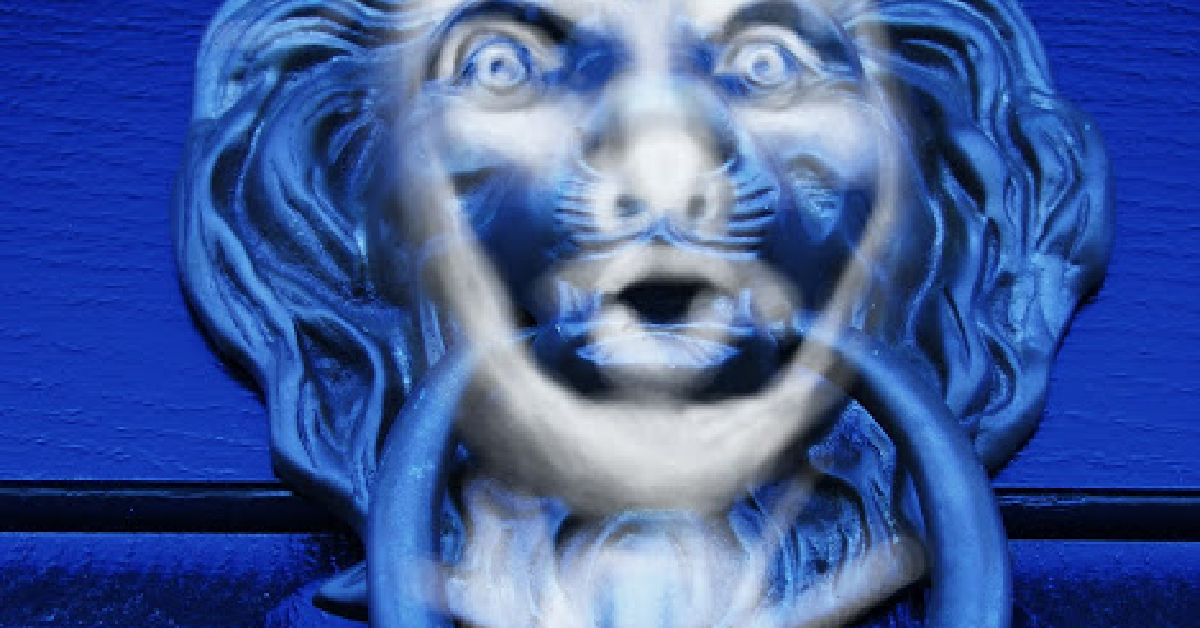SS #46: What the Dickens?
Today’s episode features a discussion of Charles Dickens’ famous story A Christmas Carol, which is Brandy’s FAVORITE Christmas story. Naturally, Mystie and Pam tried to ruin it for her, but she was undaunted, and thinks you will be, too.

Thank you to our sponsor:
 This episode is sponsored by Mystie’s Brain Dump Guide. Do you have a lot to do and too much to keep track of? Of course you do! Mystie’s all new Brain Dump Guide will help you take the cluttered jumble inside your head and straighten it out so you can step out of your scattered, overwhelmed mode and go into strategic creative mode. Download the guide and get started today. Declutter your head with a brain dump. It’s cheap, fast therapy we can all use.
This episode is sponsored by Mystie’s Brain Dump Guide. Do you have a lot to do and too much to keep track of? Of course you do! Mystie’s all new Brain Dump Guide will help you take the cluttered jumble inside your head and straighten it out so you can step out of your scattered, overwhelmed mode and go into strategic creative mode. Download the guide and get started today. Declutter your head with a brain dump. It’s cheap, fast therapy we can all use.
Listen to the podcast:
Podcast: Play in new window | Download
Show Notes:
- Scholé Every Day
- Mystie
Atomic Habits by James Clear
Eve in Exile by Rebekah Merkle
- Brandy
The Intellectual Life by A.G. Sertillanges, OP
Finish: Give Yourself the Gift of Done by Jon Acuff
- Mystie
- Topical Discussion: What the Dickens?
A Christmas Carol by Charles Dickens
The Christmas Miracle of Jonathan Toomey by Susan Wojciechowski
Oliver Twist by Charles Dickens
Please leave us a review in Apple Podcasts!
If you upgraded to iOS 11, you’ll find leaving a review easier than ever. Just go to Scholé Sisters in your subscriptions and scroll down.









My English family told me that in the 1800’s people would sit around on Christmas Eve and tell ghost stories. I’ve always read this story in that light, as in Dickens is continuing a tradition. It is a great story regardless of that, though. It is still a story of redemption, whether it is blatantly in your face Christian.
Just have to stand up for the comment that they don’t mention Christ. One of my favorite moments in the book and the Patrick Stewart movie version:
“He told me, coming home, that he hoped the people saw him in the church, because he was a cripple, and it might be pleasant to them Who made the lame beggars walk, and the blind men see.”
♥ I have always loved that line, Hannah.
What an interesting tradition! Even though it’s my favorite Christmas story, I thought it odd that he chose to write a ghost story — but maybe it wasn’t as odd as I thought!
Might be my favorite episode ever! This year was the first time I’d read A Christmas Carol. Loved hearing such different perspectives.
Mentioning Christ is not the same thing as the redemption coming from Christ, though. I still think the story is of Scrooge being sanctified by Christmas as an entity in itself that is primarily about goodwill toward men, not about a Savior coming to earth.
This was a great conversation! I’d love to hear more suggestions for Christmas books or stories where redemption does come through the Saviour.
This was a great listen – never heard this much loved story so deconstructed, analyzed, attacked and defended, which was very enjoyable and appreciated.
I always am conflicted in discussions like this because my mind keeps veering between the strict RPW-keeping view of Christmas and the high-church minded observation of a liturgical calendar. If the RPW side is winning out then these stories with a secular edge are no problem because that means they are within their proper domain and it’d be a bigger problem if they were explicitly attempting to co-opt Christianity to sell their message.
But since the other side is winning this year I’ll attempt some feeble defense of this treasured tale. The observations that the characters are types is true. I won’t say that there’s no person as wicked and greedy as Scrooge but no one is as purely good as Bob Cratchit and Tiny Tim, no one is as pure and noble as Belle, and no one is as patient, long-suffering and loving as Nephew Fred (An oft overlooked and forgotten character that’s my personal favorite. The heaps of praise he got in this episode was long overdue). Scrooge is, oddly enough, the most relatable character in the books. We may want to be a Bob or Fred but if we’re honest with ourselves and dig deep we know we’re really all Scrooges.
And what’s remarkable is that Scrooge’s transformation and redemption doesn’t come just from seeing the hardship and suffering of others and choosing to improve (solas bootstrapas as was mentioned), he was surrounded every day by those nightmares and chose to do nothing. It took supernatural intervention to transform him. And that transformation didn’t come just from being observing others misery, it comes from confronting him with his own past sins and crimes and receiving the revelation of what a miserable little wretch he is. Only once his own depravity is finally revealed to him by an outside force and he repents of it is he able to be of any use to anyone else. If the story was just the Ghosts of Present and Future guilting him into helping others there would be no transformation, no altruism. The story would end with Scrooge setting up a foundation for tax-writeoffs instead of personally intervening to radically alter the lives of others. His sanctification, if I can be so bold, only comes after a recognition of his own sin and misery and repentance.
Which is why I don’t think we need Linus walking onstage or Bob and Larry singing and diddy at the end to make this a proper Christmas story. Tolkien certainly didn’t feel the need when penning the Father Christmas letters to his children. Indeed – if our metric is Linus’ example then there is precious little Christian literature, Christmas related or otherwise, worth reading. I’ll take a Christmas Carol over a Christmas-themed Amish romance novel any day of the year – Past, Present or Future!
What about Henry Van Dykes story “The Other Wise Man? That is a story I often read at Christmas time although it end at Easter time. So maybe not a true Christmas story. But published before Christmas Carol I think
Ooh! I have never read that — but it’s been on my list for years. Time to move it up! ♥
Since this is several weeks’ past the episode, I don’t know if anyone will see it, but…
I just watched a lecture delivered by Anthony Esolen at the Anselm Society’s 2018 “Your Imagination Redeemed” conference, where he argues that “A Christmas Carol” is indeed a Christian story of Christmas. Brandy, you needed it before you all recorded this episode!
Esolen also argues that “A Tale of Two Cities” is a story about Easter.
Ahhh! I wish I had heard it! I just love Esolen. I’m glad he’s on MY SIDE. 😉
And A Tale of Two Cities about Easter? I need to hear this! ♥
Here is the link (hopefully!):
https://www.youtube.com/watch?v=aq-bV_30Igk